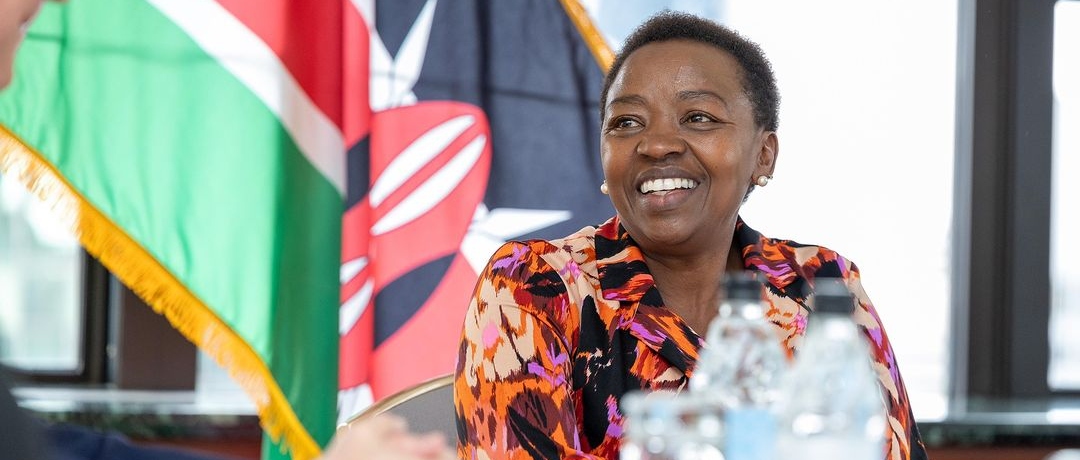
 First Lady Rachel Ruto/ FILE
First Lady Rachel Ruto/ FILEFirst Lady Rachel Ruto has emphasised the critical
role of children in shaping environmental solutions, describing them as not
just the leaders of tomorrow but the innovators of today.
Rachel stated that young people are already driving meaningful change through their creativity and passion for the environment.
She was speaking during the First Lady's Awards for Mitigation and Adaptation (FLAMA) forum held at State House on July 29, 2025.
“Our children
are not just the leaders of tomorrow, they are the innovators of today. Through FLAMA, we are giving them more than a platform, we are giving
them a purpose,” the First Lady stated.
The FLAMA convergence brought together students from
various regions, showcasing youth-led projects in climate action, environmental
advocacy, and community conservation.
The initiative, championed by the Office of the First
Lady, aims to recognise and elevate the voices and efforts of children engaged
in environmental protection.
She highlighted that empowering children to care for
their environment goes beyond conservation, it is an investment in the nation’s long-term
well-being.
“When you empower a child to protect their
environment, you are not just safeguarding the earth, you are investing in a
nation,” she added.
It concluded with a strong call to action to support
youth involvement in climate solutions and to nurture their potential as
change-makers.
FLAMA is an initiative launched by Mama Rachel to recognise,
support, and celebrate children and youth engaged in climate change action.
The programme highlights innovative environmental
projects and solutions led by young people, encouraging them to take active
roles in conservation, sustainability, and climate education.
FLAMA aims to nurture a generation that is conscious
of environmental challenges and equipped to tackle them through creativity and
leadership.
By giving children a platform and a purpose, FLAMA
helps instill a lifelong sense of responsibility for protecting the planet and
building resilience.
FLAMA continues to stand as a symbol of hope, proving
that sustainable change begins with the next generation not in the distant
future, but here and now.
















